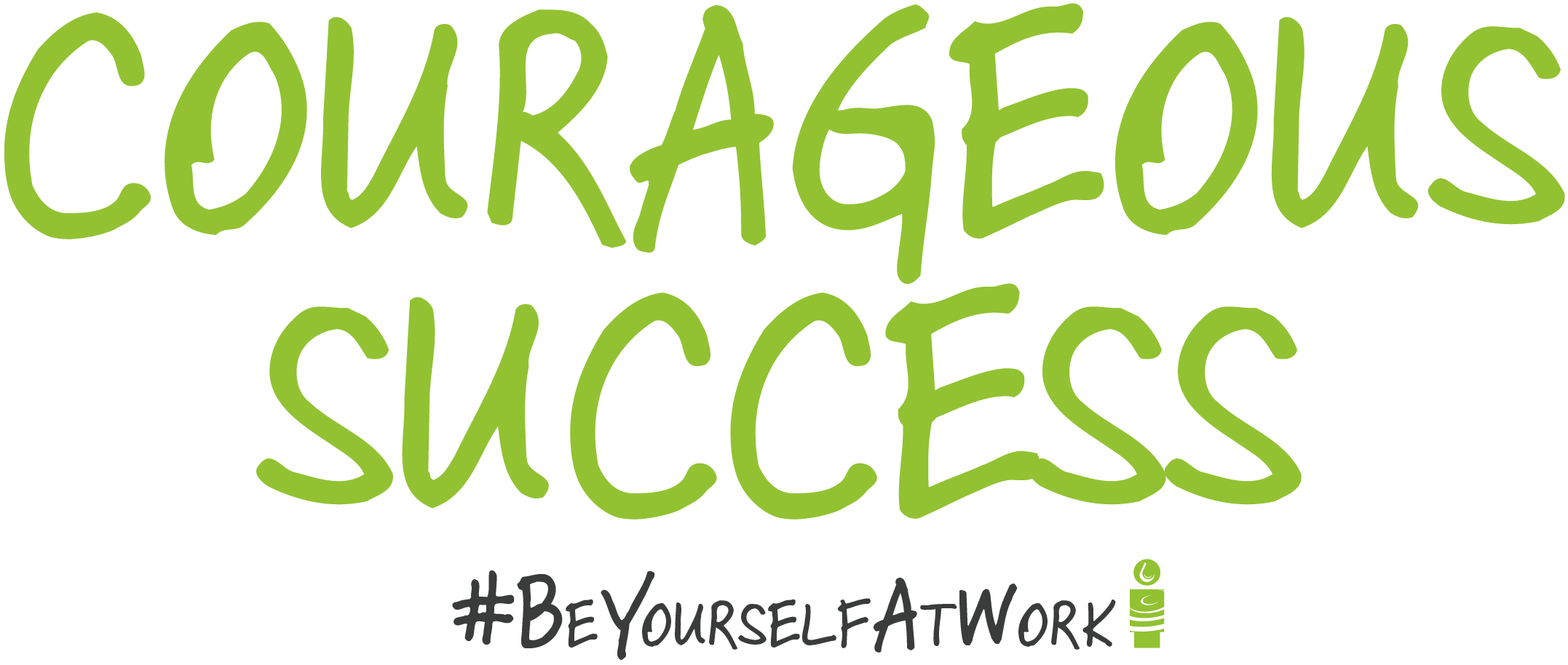 Favourable job attitudes have a stronger relationship to organizational outcomes in bad economic times than they do in normal or good times.
Favourable job attitudes have a stronger relationship to organizational outcomes in bad economic times than they do in normal or good times.
(A new Gallup global meta-analysis)
If I asked you to make a list of whether you are in the right job or not how many of you would ask yourself questions like this;
- Am I trusted?
- Do I feel valued?
- Am I listened to?
- Do I earn enough?
- Do I like the people I work with?
Gallup 2020 meta-analysis reveals that the relationship between employee engagement and  performance does change during crises. They share that “during the past major recessions, employee engagement has proven to be even more important. Business units are at an increased advantage and more resilient than their peers if employee engagement is strong. They are at an increased disadvantage and less resilient if employee engagement is weak during a recession. The opportunity – and vulnerability – is magnified during a recession”.
performance does change during crises. They share that “during the past major recessions, employee engagement has proven to be even more important. Business units are at an increased advantage and more resilient than their peers if employee engagement is strong. They are at an increased disadvantage and less resilient if employee engagement is weak during a recession. The opportunity – and vulnerability – is magnified during a recession”.
So how engaged are you? How are you feeling about your work life? If the question like “Am I trusted? “rang a bell, then your engagement could be quite volatile. This could affect you and your business’s performance, especially right now. In these important times are you open to exploring your attitude?
Try some of these on for size;
- Am I making a difference?
- Do I make people happy here?
- Am I supporting others to be their best?
- Do I use my skills to maximise the organisation’s success?
- What more could I contribute?
We know that coming from the attitude of what you bring, also correlates with increased performance, happiness and engagement at work. Both for you and for those around you.
The Gallup study quoted above shares which five elements best differentiate resilient business unit cultures from others, food for thought…
- 1. Clear expectations. During tough times, employees need managers who reset priorities, involve them in re-establishing their goals and constantly clarify their role relative to their co-workers.
- The right materials and equipment. As work changes during a crisis, ongoing discussions about what resources employees need to get work done are important to minimize stress and improve performance.
- Opportunities for employees to do what they do best. The ability to leverage one’s strengths in a crisis is the difference between moving toward opportunity and falling victim to circumstances.
- Connection to the mission or purpose of the organization. During a crisis, people need to see how they, and their work, fit into the bigger picture – how they can impact something significant and know their work matters.
- Co-workers committed to quality work. There is no room for slack in a crisis. All team members must be dedicated to high-quality, efficient work. It is equally essential that teams within an organization rely on and respect one another’s work.
When you really bring the best of you to your working world you can always be in the right job.
Be you.

